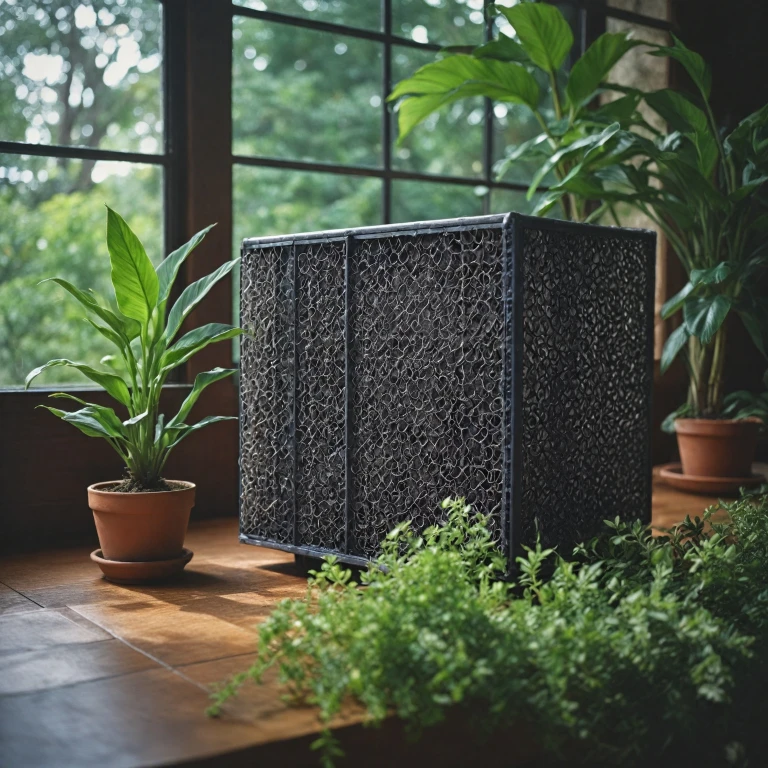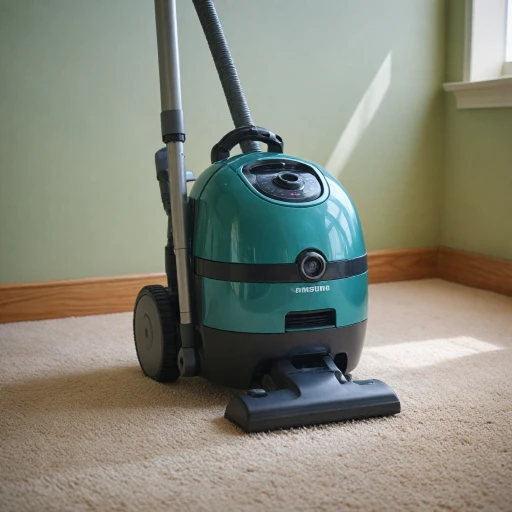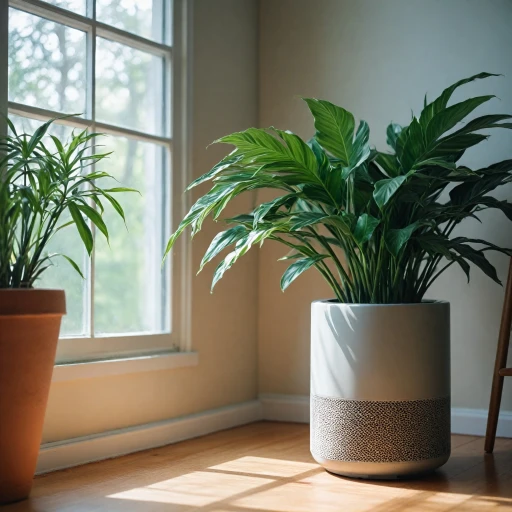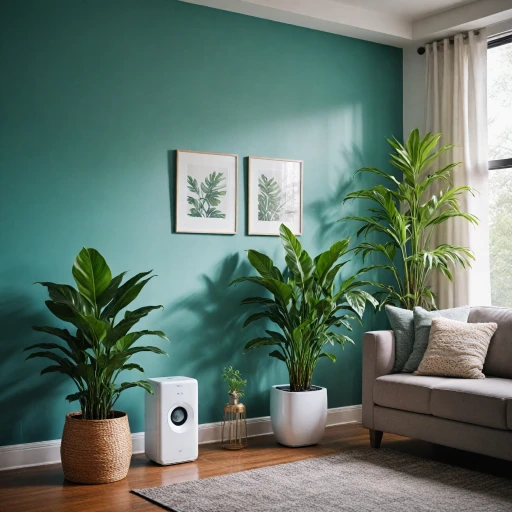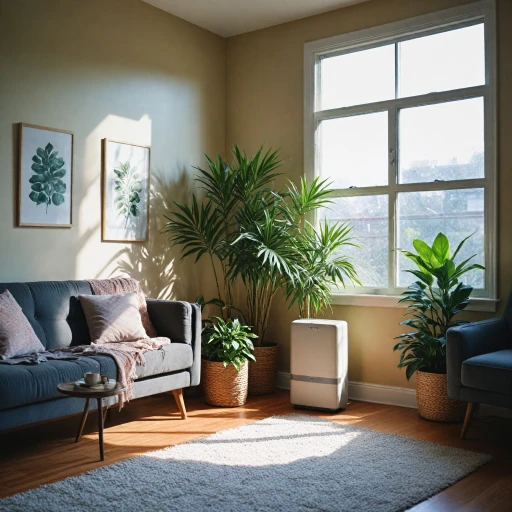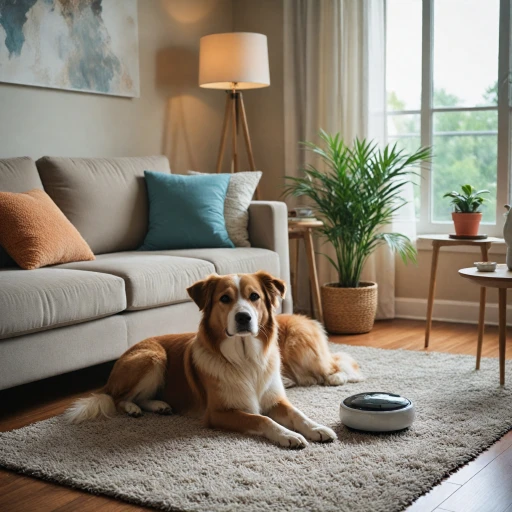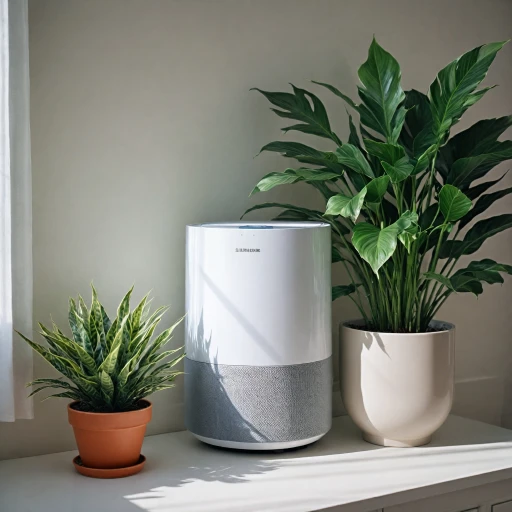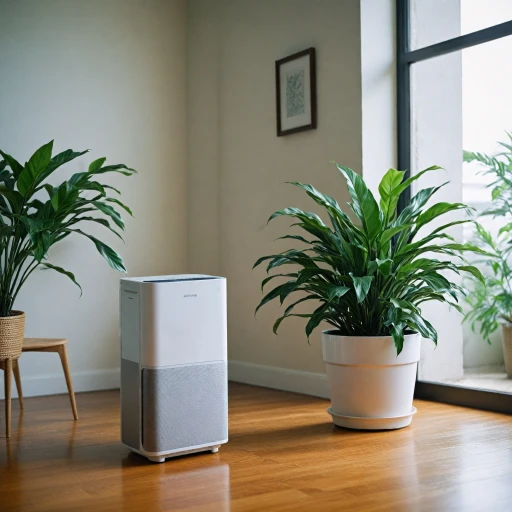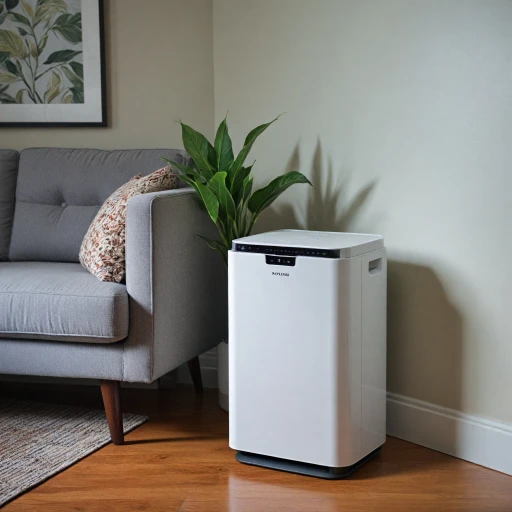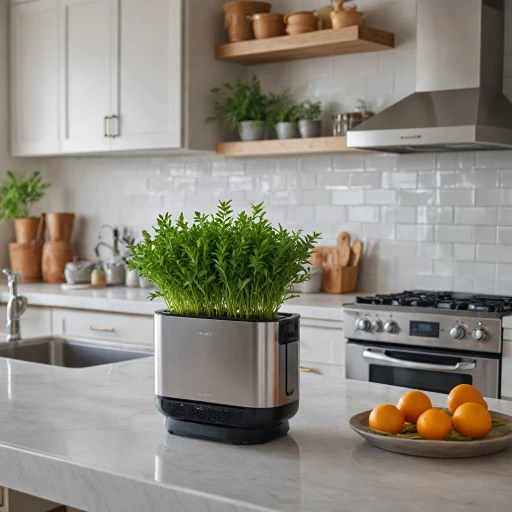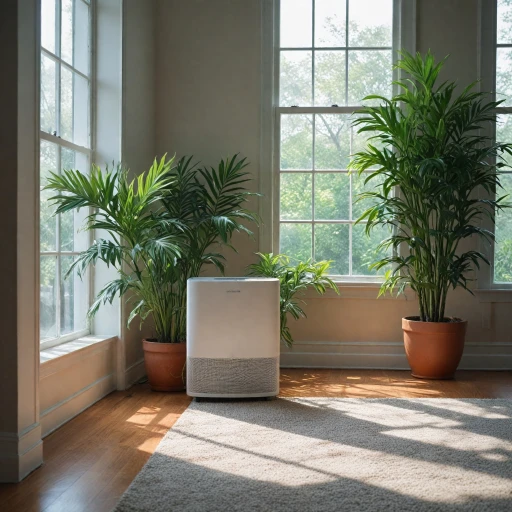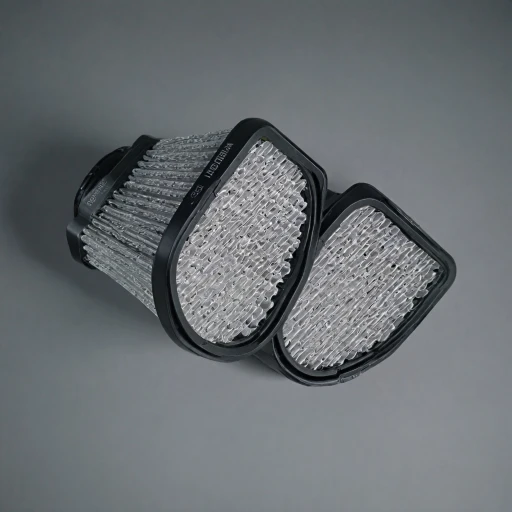
What is a HEPA Carbon Filter?
Defining HEPA and Carbon Filters
In the realm of air purifiers, HEPA (High-Efficiency Particulate Air) and activated carbon filters are often hailed as essential components for maintaining clean and breathable indoor air. A HEPA carbon filter combines these powerhouse technologies, enhancing an air purifier's ability to target a wide range of pollutants.
Understanding HEPA Filters
HEPA filters are designed to capture particles as small as 0.3 microns. This includes common airborne contaminants like dust, pollen, pet dander, and even some bacteria and viruses. It's worth noting that their effectiveness makes them a popular choice for improving air quality, which is crucial for individuals with allergies or asthma.
The Role of Activated Carbon
Activated carbon filters, on the other hand, excel at absorbing gases and odors. These filters contain a large surface area, allowing them to trap volatile organic compounds (VOCs), smoke, fumes, and other odors. This is particularly beneficial in places where indoor air quality is compromised by cooking, smoking, or the presence of pets.
Blending Technologies for Optimal Performance
By combining HEPA and activated carbon filters in a single unit, air purifiers like the Dyson Pure Cool or Dyson Hot Cool can effectively remove both particles and gases from the air. This dual-action approach is essential in achieving a cleaner environment, making these systems a viable choice for anyone looking to enhance their indoor comfort and air quality.
How HEPA Carbon Filters Improve Air Quality
Enhancing Breathing Spaces with HEPA Carbon Filters
When it comes to improving indoor air quality, HEPA carbon filters play a crucial role. These filters are not just any ordinary filtration systems; they combine the power of HEPA filtration with activated carbon to tackle a wide range of air pollutants. By capturing both large and microscopic particles, as well as gases and odors, they ensure that your air purifier works effectively. The HEPA component is designed to capture 99.97% of particles as small as 0.3 microns, including dust, pollen, and smoke particles. Its high-efficiency particulate air function makes it a must-have for those with allergies or asthma. But where the HEPA carbon filter truly shines is in its additional layer of activated carbon. This component excels at absorbing volatile organic compounds (VOCs) and other odors, making it a perfect solution for households looking to keep the air fresh and free from unpleasant smells. A typical air purifier equipped with HEPA carbon filters, such as the Dyson Pure Cool or Pure Hot + Cool, offers a multi-layered approach to air cleaning. The combination of these filters ensures that you are not only capturing the larger particles but also improving the overall air quality by eliminating harmful gases and odors. Moreover, this technology works seamlessly whether the purifier is operating as a fan or during colder months as a heater. Devices like the Dyson Air Purifier and the Dyson Pure Cool employ these advanced filters to manage a clean and healthy environment. For a deeper understanding of how different air purifier components work, you may want to read more about the role of air cleaner elements in purifiers. This will further illustrate how HEPA carbon filters function within the broader context of air purifying systems. HEPA carbon filters bring in a comprehensive approach to enhance the quality of indoor air, ensuring that your breathing spaces remain peaceful and healthy. Whether it's a purifier from Dyson or another brand, consider the powerful impact of combining HEPA and activated carbon in your air management strategy.Comparing HEPA Carbon Filters with Other Filter Types
HEPA Carbon Filters Versus Other Filter Technologies
When it comes to choosing an air purifier that meets your needs, understanding the distinctions between filter types is crucial. HEPA carbon filters offer unique benefits in the purification process, particularly in trapping a wide range of particles and odors. But how do they stack up against other filter technologies commonly found in air purifiers? First, let's dive into HEPA filters. Known for their efficiency, HEPA (High Efficiency Particulate Air) filters, especially the glass HEPA type, can capture 99.97% of particles as small as 0.3 microns. This includes allergens, dust, and even some bacteria and viruses. When combined with activated carbon filters, they further enhance the air purifier's capability by absorbing gases and odors, thanks to the activated carbon's porous structure. Compare this to other filters like ionizers or MERV filters, which have different mechanisms and efficiencies. For instance, MERV filters, while effective, might not target the same range of particle sizes as efficiently as HEPA. Ionizers can emit ozone, which might not be ideal for all indoor air quality needs. Products like the Dyson Pure Cool and the Dyson Hot Cool blend these technologies to create versatile devices that not only purify but also regulate temperature. The Dyson Pure Hot Cool, for instance, utilizes HEPA filters along with advanced fan technology for cool purifying air or heating, depending on the need. While deciding between air purifiers, consider what contaminants are most prevalent in your environment and the specific benefits of HEPA carbon filters in addressing these concerns. This can guide you in finding the ideal air purifier for eliminating cooking odors and ensuring overall air quality improvement in your indoor space. For a comprehensive comparison of air purifier technologies, explore ideal air purifier for eliminating cooking odors. The choice between a HEPA carbon filter and other technologies depends heavily on your specific needs and environmental conditions. Always weigh the advantages and limitations of each to make an informed purchase decision. Remember, regular maintenance and timely replacement of filters, such as the Dyson purifier filter or combi glass, are key to sustaining the efficiency and longevity of your air purifier system.Choosing the Right Air Purifier with HEPA Carbon Filters
Factors to Consider When Selecting Your Air Purifier
Choosing the right air purifier with HEPA carbon filters can significantly impact your indoor air quality. Here are some key factors to consider:
- Room Size: Ensure the air purifier is suitable for the size of your room. A purifier that is too small won't effectively clean the air, while one that is too large may be unnecessarily costly.
- Filter Type: Look for purifiers with a combination of HEPA and activated carbon filters. This combination is effective in capturing both particles and odors, providing a comprehensive solution for cleaner air.
- Noise Level: Consider the noise level of the purifier, especially if you plan to use it in a bedroom or office. Models like the Dyson Pure Cool offer quiet operation while maintaining efficiency.
- Energy Efficiency: Check the energy consumption of the purifier. Energy-efficient models will save you money in the long run and are better for the environment.
- Additional Features: Some purifiers come with added features like air quality sensors, fan settings, or even heating and cooling options, such as the Dyson Pure Hot Cool.
Understanding the Cost of Ownership
When purchasing an air purifier, it's important to consider not just the initial cost but also the ongoing expenses. HEPA and carbon filter replacements are necessary to maintain optimal performance. Brands like Dyson offer replacement filters that are easy to install, ensuring your purifier continues to operate effectively.
Brand Reputation and Reviews
Researching brands and reading customer reviews can provide valuable insights into the reliability and performance of different models. Brands like Dyson have established a reputation for quality and innovation in the air purification market.
By considering these factors, you can make an informed decision and select an air purifier that meets your needs and enhances your indoor air quality.
Maintenance Tips for HEPA Carbon Filters
Simple Tips to Extend the Life of Your HEPA Carbon Filter
Ensuring your air purifier operates at its optimal level involves regular maintenance of the HEPA carbon filter. These filters play a crucial role in capturing particles and harmful elements from your indoor air, but they need care to continue functioning effectively.
- Monitor Filter Status: Regularly read your air purifier's manual or indicator lights to know when it's time for a replacement. Most Dyson air purifiers come with a digital display that alerts you about the filter's lifespan.
- Regular Cleaning: Although HEPA filters and activated carbon filters are not typically washable, keeping the surrounding area of the purifier clean can prevent external dust from building up. Use a soft cloth to wipe down the exterior frequently.
- Optimal Placement: Place your air purifier in an area with good air circulation for it to function properly. This helps the purifier filter gather air more effectively and prevents excess strain on the device.
- Avoid Blockages: Ensure that the air pathways are clear. Blocking these with furniture or other items can impede airflow and reduce efficiency.
- Regular Filter Checks: Even if your device doesn’t indicate a change, periodically checking the filter by reading its condition can prevent unexpected performance drops. If filters appear clogged, consider replacement.
With these straightforward tips, your HEPA carbon filters will remain effective, ensuring a healthy and purified air environment in your home. Checking your Dyson Pure Cool or Pure Hot Cool device for updates about filter maintenance can keep your indoor air quality at its best.
Addressing Common Concerns About HEPA Carbon Filters
Common Queries About HEPA Carbon Filters
When considering the integration of HEPA carbon filters in an air purifier, it's natural to have questions. These filters, such as those found in Dyson Pure Cool and other Dyson purifiers, use both HEPA and activated carbon to enhance air quality. Here, we address some frequently asked concerns to assist you in making an informed purchase decision.- Efficiency in Removing Particles: HEPA filters are renowned for their capacity to capture up to 99.97% of airborne particles, including allergens, dust, and more. Combined with carbon filters, odors and volatile organic compounds (VOCs) are effectively tackled, ensuring pure indoor air.
- Replacement Frequency: While the frequency with which a filter needs replacement can vary based on usage and air quality, it is advisable to check your owner's manual for your specific purifier model. Regular assessments ensure that your filters are functioning at optimal levels.
- Energy Consumption Concerns: Some may wonder about the energy costs associated with using a HEPA carbon filter. Most modern air purifiers, like the Dyson Pure Hot Cool or Glass HEPA models, strive for energy efficiency. This means they provide effective air cleaning without significantly increasing your electricity bills.
- Health and Safety with HEPA Filters: While operating, these purifiers produce minimal noise and do not emit harmful substances, offering a safe solution for enhancing your environment.
- Dual Functionality: Many HEPA carbon filters are paired with fan functions like the Dyson Pure Cool or Dyson Purifier Hot Cool, providing cooling or heating along with air purifying capabilities. This multi-functionality is an attractive feature for those looking to maximize space and utility.

